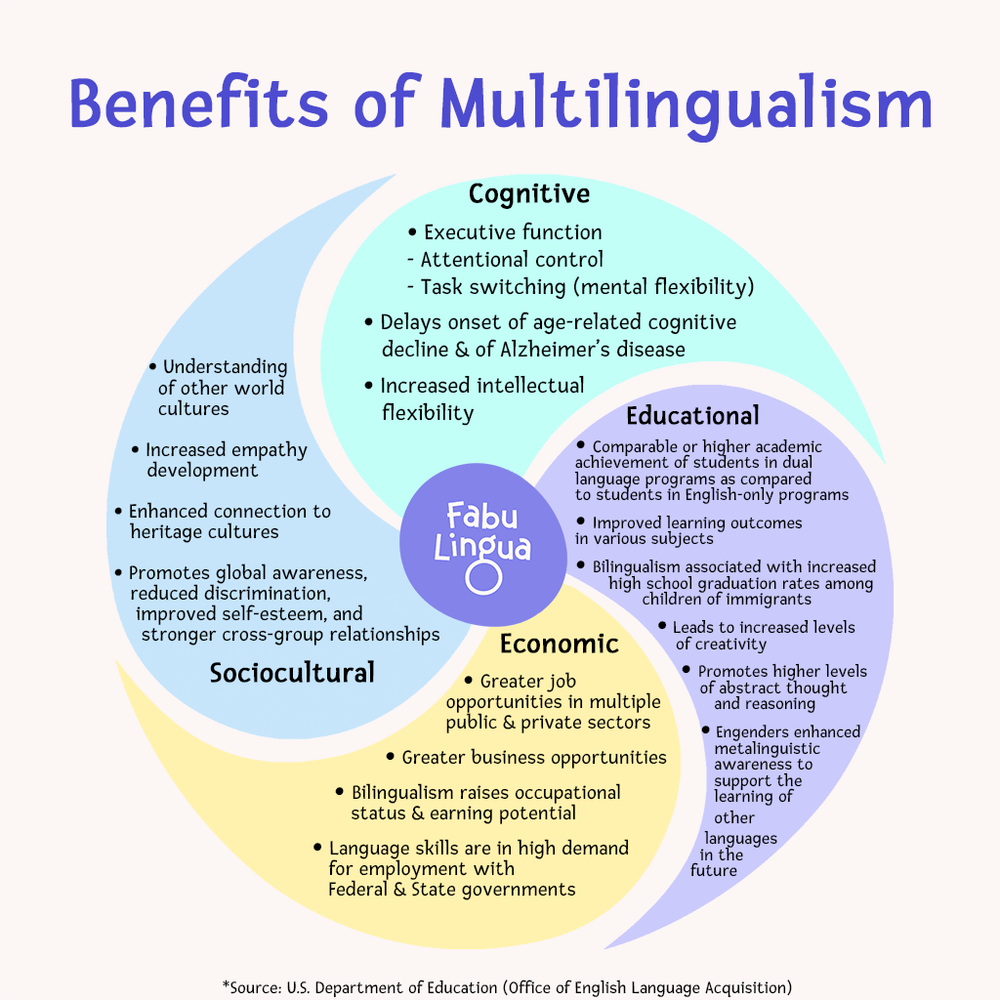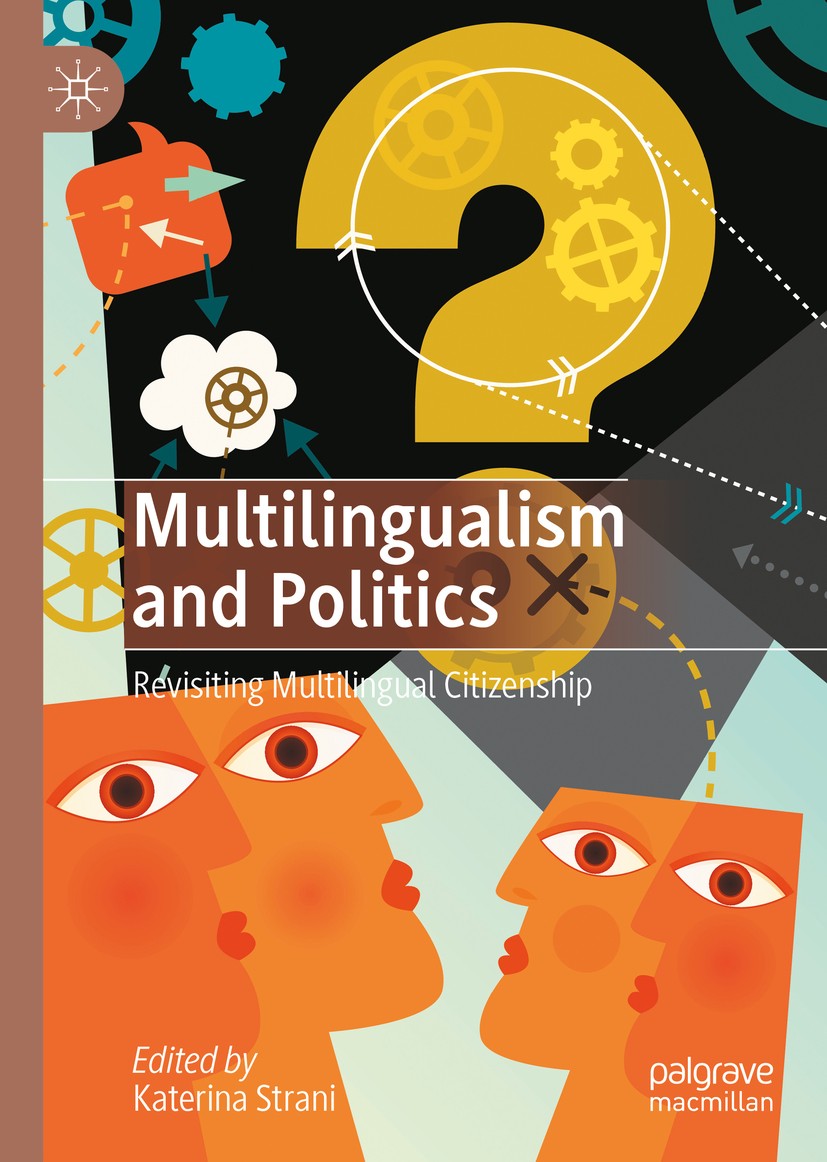Multilingual education is the practice of teaching students in more than one language. This approach to education has many benefits for students of all ages and backgrounds. In this blog, we will explore the cognitive, educational, cultural, and personal benefits of multilingual education. We will also discuss common challenges in multilingual education and provide strategies for overcoming them.
Cognitive Benefits of Multilingual Education
- One of the most significant benefits of multilingual education is increased cognitive development. Learning more than one language has been shown to improve brain function in several ways. For example, it can improve problem-solving skills, enhance memory and attention, and increase creativity.
- Studies have shown that they are better able to switch between tasks and inhibit irrelevant information, leading to better cognitive control. Additionally, learning another language has been shown to improve problem-solving skills, particularly in areas related to math and logic.
- It can also enhances memory and attention. Individuals who speak more than one language have been found to have a better working memory, which is the ability to hold and manipulate information in the mind for short periods of time. Moreover, multilingual education has been shown to increase creativity, as the ability to think in multiple languages expands the range of ideas that can be considered.
Educational Benefits of Multilingual Education
- According to the Boarding Schools in India, Multilingual education has many educational benefits. Learning another language enhances language learning abilities, particularly in the development of listening, speaking, reading, and writing skills. Additionally, multilingual students tend to perform better academically than monolingual students.
- Studies have shown that it can enhances reading abilities, particularly in languages with shared orthographies, such as Spanish and English. Moreover, students who are proficient in more than one language are better equipped to understand and interpret complex texts, as they have developed a broader vocabulary and have an understanding of cultural differences and nuances.
- It can also provides expanded career opportunities. As the world becomes more interconnected, the demand for multilingual employees is increasing in a variety of fields, including business, education, and government. Bilingual or multilingual individuals are often more sought after and can earn higher salaries than their monolingual peers.
Cultural Benefits of Multilingual Education
- Multilingual education also has many cultural benefits. Learning another language increases cultural awareness and sensitivity, helping individuals to better understand and appreciate other cultures. This can lead to improved cross-cultural communication and more harmonious relationships between people of different backgrounds.
- Furthermore, it provides expanded travel opportunities. When individuals are proficient in more than one language, they are better able to navigate foreign countries and communicate with locals. This can lead to more meaningful and fulfilling travel experiences, as well as opportunities for personal and professional growth.
Personal Benefits of Multilingual Education
- As per research conducted by Schools in India, Multilingual education has several personal benefits as well. Learning another language can increase self-confidence, as individuals who are proficient in more than one language often feel a sense of accomplishment and pride in their abilities. Moreover, it can improve personal and social relationships, as individuals are better able to communicate with people from different backgrounds.
- Multilingual education also provides an expanded worldview and perspective. Individuals who speak more than one language have a better understanding of the nuances of language and culture, which can lead to increased empathy and tolerance. Multilingual individuals are better equipped to understand and appreciate the perspectives of others, leading to more fulfilling personal and professional relationships.
Challenges and Solutions
While multilingual education has many benefits, it can also present challenges. One of the most significant challenges is the time and effort required to become proficient in another language. Moreover, it can be challenging for students who are not exposed to the language outside of the classroom.
Strategies for overcoming these challenges include providing students with ample opportunities to practice the language outside of the classroom.











